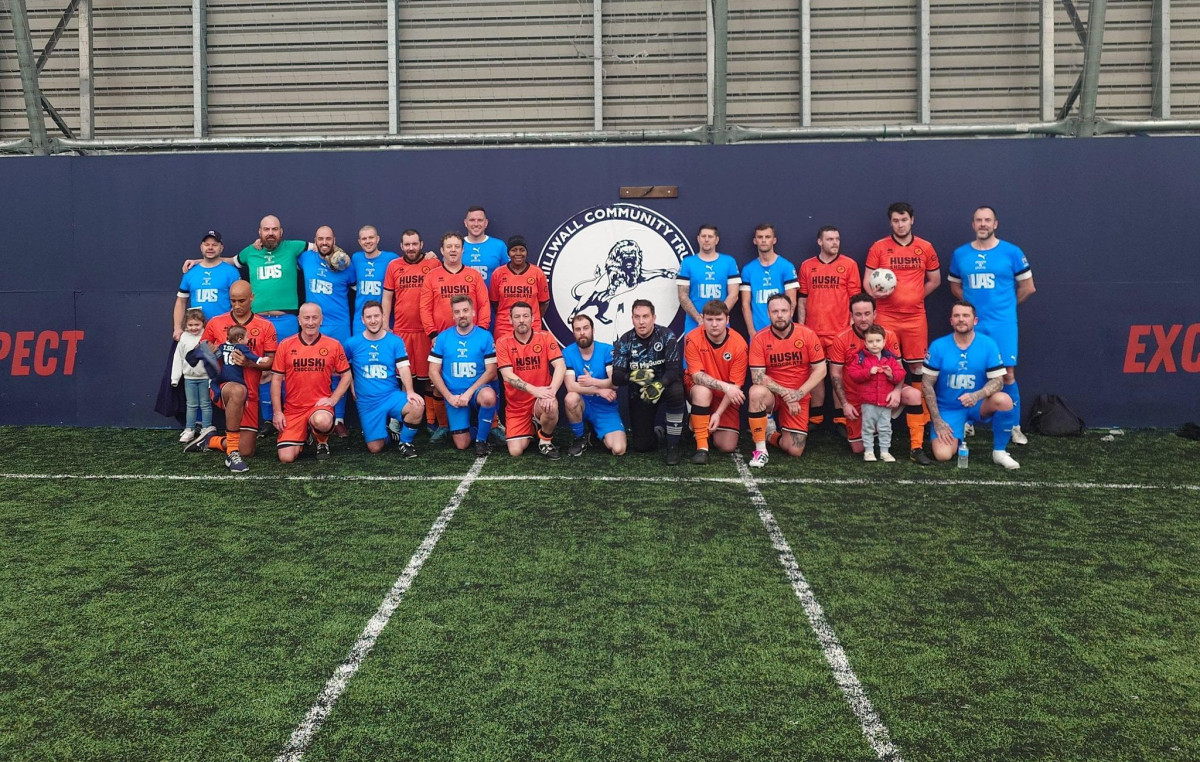CLUBS across the EFL came together yesterday to mark World Mental Health Day, which is held every year on October 10th.
Millwall shared the work that their Community Trust does in order to raise awareness and help supporters who may be struggling with issues such as depression and anxiety. The entire list of campaigns and activities can be found here.
Manager Gary Rowett praised the work that the Lions have done off the pitch while also highlighting the immense psychological difficulties that footballers can face throughout their careers.
“Firstly, I think our club gets behind lots of good topics and campaigns that I think can make a massive, massive difference, not only in our community but in other clubs’ communities,” he told NewsAtDen.
“I’ve had different players over the years that have not found being a footballer in the spotlight, getting paid lots of money, quite as simple perhaps the public might think it is.
“They’re still people, the pressures of having to go and play in front of thousands and thousands of fans where the expectation is for them to be brilliant every week. The pressures for their families to be the best players and continue to be successful in football.
“Every player is different. Some players can cope with it really easily, some players can’t. You might not know that as a manager, some players you’re aware of it.
“I think we have to treat players exactly the same as anyone else. They’re humans, they react in certain ways and not everybody is perfect. I think any support structure around, I think the PFA and LMA are excellent in terms of trying to improve that structure around the players, and I’m sure those types of players will continue to do that because it’s really, really important.
“Not only can we raise awareness in football, but also helping players and members of staff. There’ll be coaches and managers out there that find the abuse quite difficult to take at times.
“It’s not an easy job, but I’m always loath to come out and ask for sympathy from people because we’re in a privileged position. That doesn’t mean to say that everybody is in a position to be able to deal with that scrutiny.”
The club have regularly shared the story of former Millwall defender Steven Reid, whose recent documentary discusses his decision to step away from his role as assistant manager of Nottingham Forest to pursue a career in counselling due to his own mental health.
Rowett commends Reid for his bravery, explaining that his openness will do a huge amount of good when it comes to creating a better environment for footballers and managers who face similar difficulties.
“I think it’s brilliant that people like Steven can speak out,” he added.
“Bryan McDermott, the former Reading manager, I think has also spoken out about some of his issues. I think that’s great because it’ll encourage more people not to keep their feelings inside.
“It’s a very, very old fashioned view that you need to keep your feelings to yourself and suck it up. That’s a really old fashioned way of dealing with it. It can only be helpful for players.
“I think we’re living in a society where, actually, it’s a very good time to be able to be open with all these situations, so long may it continue. I think the more awareness that’s raised, the more that people can come out and speak about it.
“I know there’s a lot of work done on social media. I know companies have been criticised but there’s a lot of work being done to at least try and moderate some of the day-to-day abuse that players and staff get sometimes.
“I think football is in such a powerful position to try and raise such awareness and try to change some of these issues and help people.”
If you or someone you know is struggling with mental health difficulties, there are a number of different organisations that can offer support and advice for those who need it.

This article originally appeared in Southwark News by Alex Jones





